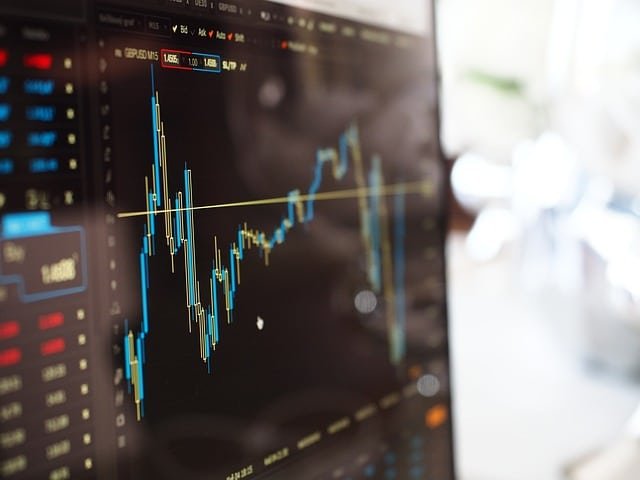Even though the latest data shows China’s economy is worse than expected, Asian stocks were mostly up on Tuesday. This is despite the fact that domestic demand has failed to recover as quickly as hoped following the epidemic.
While living conditions improved in Tokyo, Hong Kong, and Seoul, they declined in Shanghai and Sydney.
A government authority in China said on Tuesday that weaker-than-expected retail sales and other activities in April is putting a strain on the country’s financial recovery from the epidemic.
According to the most recent data, retail sales are up 18.4% from a year ago, or 7.8 percentage points from March. A blending of other signs: Manufacturing production was up 5.6% from a year ago, but down 0.5% from March. In the first four months of 2023, financial investment in factories, real estate, and other fixed assets rose 4.7%, down 0.4 percentage points from the first quarter’s growth rate.
According to SPI Asset Management’s Stephen Innes, “Today’s activity information suggest China is stuck in a prolonged soft spot.”
The recovery from the epidemic, according to Capital Economics’ Julian Evans-Pritchard, is doomed to “die” in the second half of the year. Meanwhile, he said, “the complicated worldwide image will prevent much improvement in Chinese exports.”
With robust corporate earnings and signs that inflationary pressures may be easing, the Nikkei 225 index in Tokyo increased by 0.7% to 29,842.99, extending a rise towards its highest level since the early 1990s.
Shanghai’s Composite Index dropped 0.5% to 3,292.99, and Hong Kong’s Hang Seng slid 0.2% to 19,945.86.
The S&P/ASX 200 in Australia fell 0.4% to 7,240.90, while the Kospi in Seoul fell 0.1% to 2,477.14.
The Dow Jones Industrial Average rose 0.1% to 33,348.60 and the S&P 500 gained 0.3% to 4,136.28 on Monday. A 0.7% increase saw the Nasdaq Composite end the day at 12,365.21.
Oneok, a company in the energy industry, had its stock price fall 9.1 percent after announcing that it would acquire Magellan Midstream Partners. Magellan increased by 13%.
With so many problems dragging on, the market was rather calm.
One major one is the concern that a recession would hit later this year, mostly because of the high interest rates that are expected to bring inflation down. Included are worries about the state of the U.S. banking system and the possibility of a U.S. government default on its financial obligations as soon as June 1.
So far, a resilient job market has helped U.S. houses maintain their values despite the numerous challenges they’ve faced. That in turn has given a reliable support system for the economy. The government will show how much retail sales increased across the country last month on Tuesday.
On Tuesday, Home Depot will report its first-quarter earnings, followed by Target on Wednesday, and Walmart on Thursday.
While most S&P 500 companies have beaten estimates so far, the index as a whole is on course to register a 2.5% decline in earnings per share from the prior year. According to FactSet, that would be the company’s second consecutive quarter of declining revenues.
If Congress does not increase the limit on federal borrowing, the federal government would likely default for the first time in history.
Most investors believe Democrats and Republicans will reach an agreement because the alternative is so terrible for both parties. U.S. Treasuries are the backbone of the international monetary system since they are widely considered to be the safest and most secure investment option available.
It is possible that political leaders won’t take reaching a pact seriously enough unless the financial markets quake significantly to convince them of the significance.
The price of a barrel of oil used as a benchmark in the United States rose by 32 cents to $71.43 on the New York Mercantile Exchange on Tuesday. On Monday, it gained $0.08, bringing the price to $71.11.
The price of a barrel of Brent crude oil, a worldwide benchmark, rose by 33 cents, to $75.55.
From 136.12 yen, the dollar dropped to 136.01 yen against the Japanese currency. From $1.0875, the euro rose to $1.0881.
___
AP Business Writer Joe McDonald contributed.

